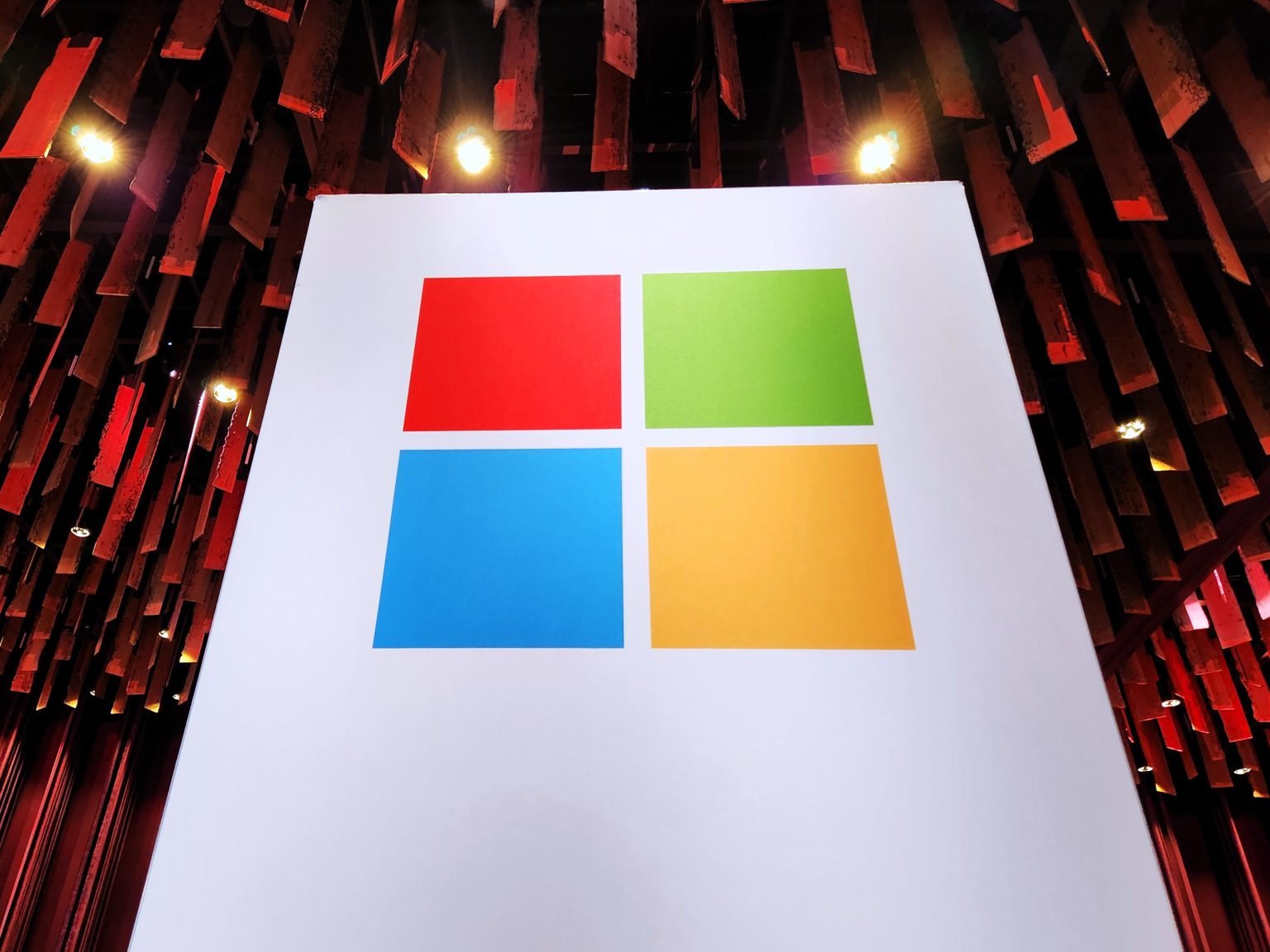Microsoft has made security its top priority and recently outlined a series of technical and governance changes following a critical report by the Cyber Safety Review Board in April 2024 that described Microsoft’s security culture as inadequate. The company is working on protecting identities and secrets by utilizing hardware security modules for token signing keys, among other measures to enhance security. The Secure Future Initiative (SFI) progress report highlighted the dedication of 34,000 full-time engineers to SFI, representing the largest cybersecurity engineering effort in history.
The company also appointed 13 deputy chief information security officers (CISOs) who report directly to Microsoft’s Chief Information Security Office. The senior leadership team reviews security progress weekly, with updates provided to Microsoft’s board quarterly. Microsoft has been the victim of recent cyberattacks, including a Russian state-sponsored actor accessing its internal systems and executive email accounts, as well as a Chinese hacking group compromising Microsoft Exchange Online mailboxes of more than 500 people and 22 organizations worldwide.
The appointed deputy CISOs at Microsoft represent various sectors of the company’s operations, including regulated industries, core infrastructure, network, gaming, security products, Microsoft 365, and customer security management office. These experts bring a wealth of experience from leading roles at prominent technology companies such as LinkedIn, Slack, Palantir, World Kinect, and others. They are tasked with ensuring the security of Microsoft’s various products and services, as well as driving innovation and resilience in the face of evolving cybersecurity threats.
Moreover, Microsoft has placed a strong emphasis on threat intelligence and tracking nation-state actors, with experts like John Lambert leading the Threat Intelligence function. The company is also dedicated to addressing insider threats and operational resiliency in government sectors, with experts like Timothy Langan overseeing these critical areas. Additionally, Microsoft Azure CTO and Technical Fellow Mark Russinovich plays a crucial role in shaping the strategic and technical direction of the platform, ensuring the inclusion of robust security and privacy technologies.
Furthermore, the appointment of experts like Yonatan Zunger as Corporate Vice President and Deputy CISO for Artificial Intelligence underscores Microsoft’s commitment to ensuring the safety and security of its AI products. With a focus on high-capacity search and storage, social, security, and safety, Zunger brings a wealth of experience from leading roles at Twitter and Google. Microsoft continues to invest in its security initiatives, with a dedicated focus on addressing cybersecurity threats and ensuring the protection of its products, services, and customer data.
Overall, Microsoft’s proactive approach to cybersecurity through the appointment of deputy CISOs across different sectors, investment in threat intelligence, and emphasis on security culture and governance reflects the company’s commitment to making security a top priority. By leveraging the expertise of seasoned professionals in the field, such as the newly appointed deputy CISOs, Microsoft aims to enhance its security posture, address emerging threats effectively, and safeguard its operations against cyberattacks.












